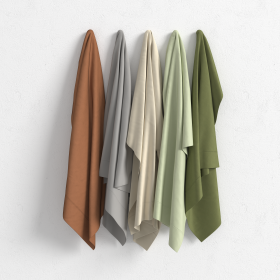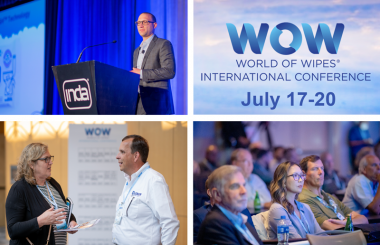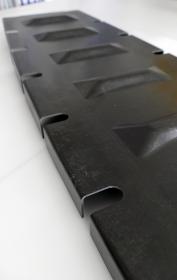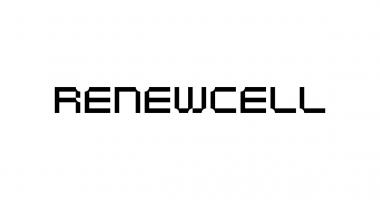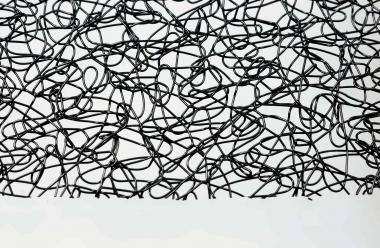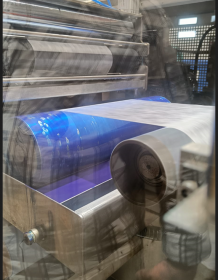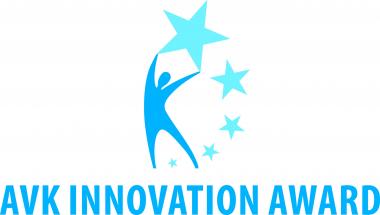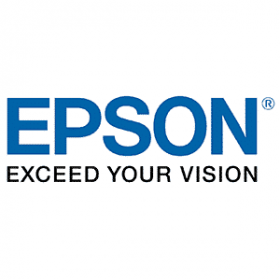Purecare launches CELLIANT® viscose bedding range
Purecare, a wellness-focused bedding essentials manufacturer, has launched sheets and pillowcases with CELLIANT® Viscose, the first time the fiber has used been in luxury bedding products in a new offering aptly named the “Recovery Collection.”
Developed by materials science innovator Hologenix®, creators of CELLIANT, and Kelheim Fibres, CELLIANT Viscose is the first in-fiber sustainable infrared viscose. It is lightweighted, soft, highly breathable and has an excellent moisture management. CELLIANT has been clinically demonstrated to promote faster recovery and restful sleep, as it improves local circulation and cell oxygenation, enhancing thermoregulation and comfort.
The collection is available in five colors: dove gray, ivory, clay, moss, and sage in Queen through Split California King sizing and Queen and King pillowcases. The Precision-Fit® corners on the fitted sheets have a one-inch elastic cuff to ensure that they stay securely on the bed. The sheets are also compatible with adjustable base mattresses. The Recovery Collection sheets and pillowcases are also treated with Antimicrobial Silver Product Protection (AgCI).
Hologenix, LLC


